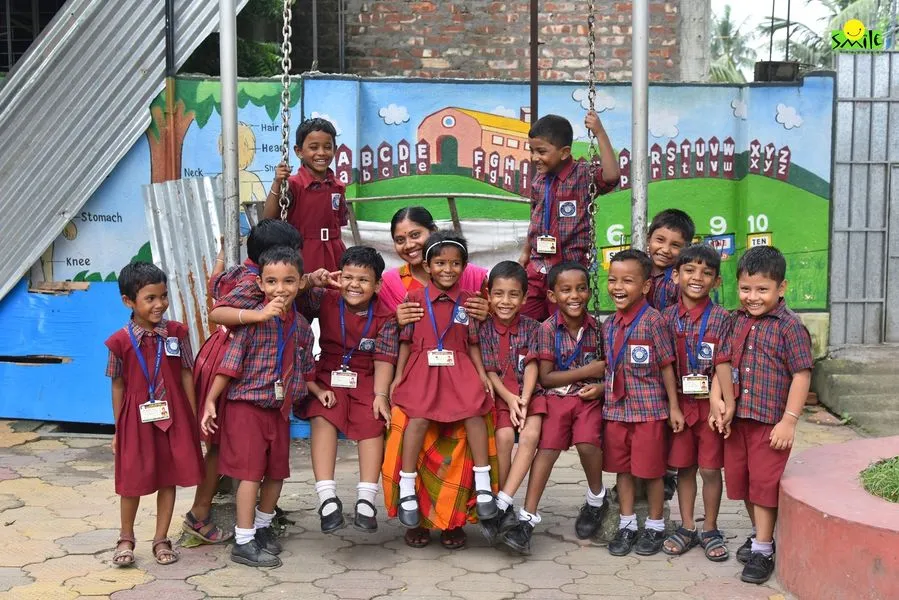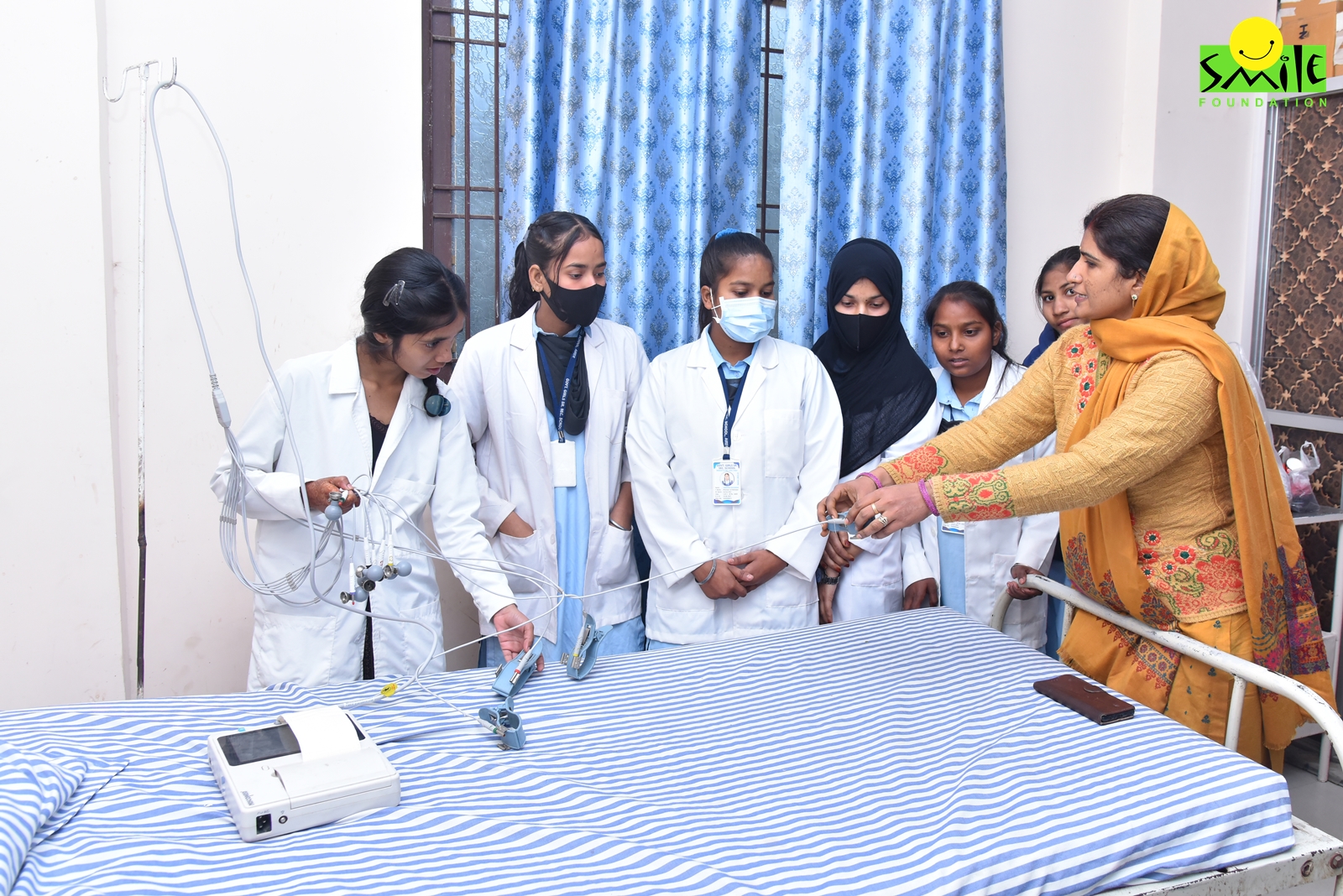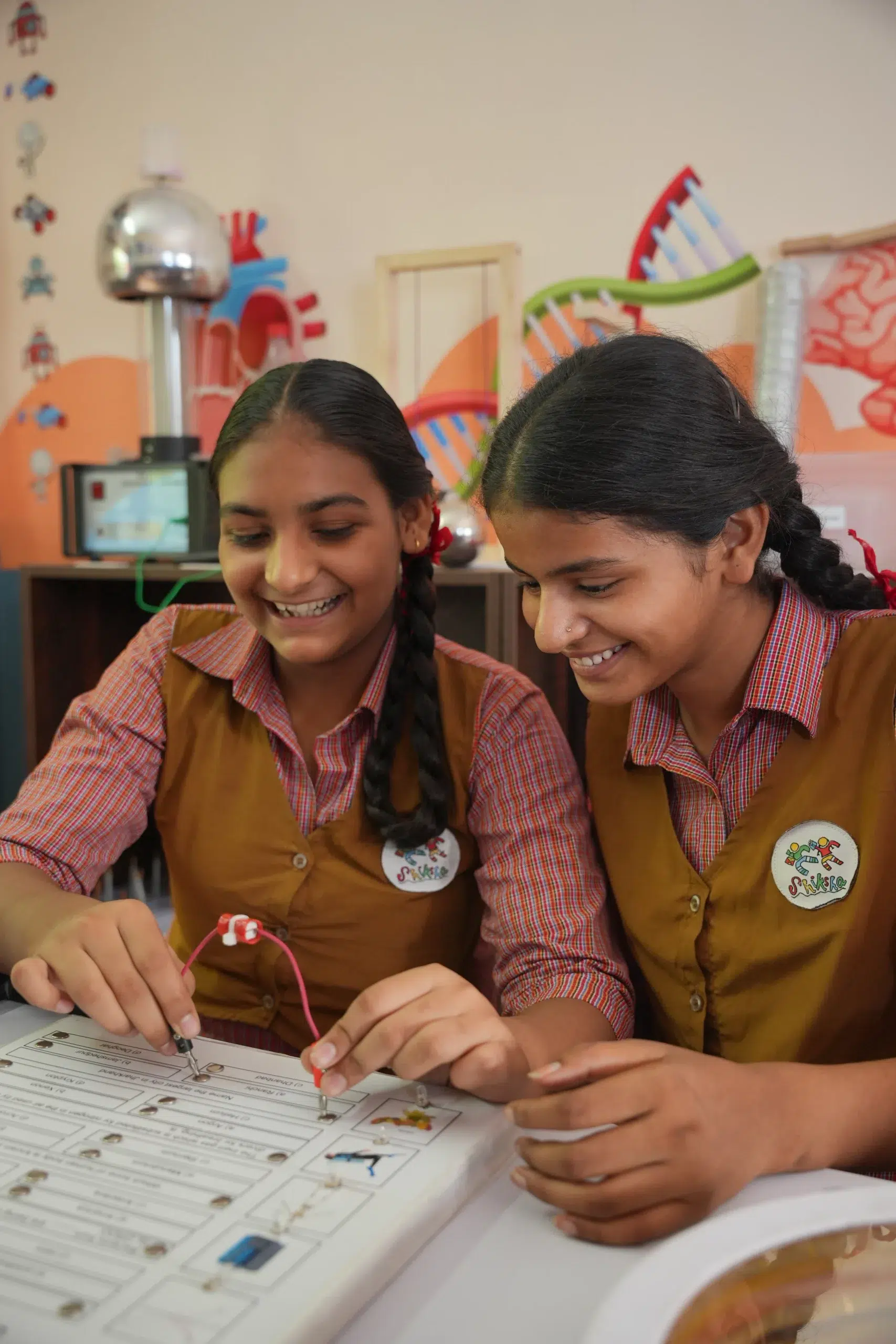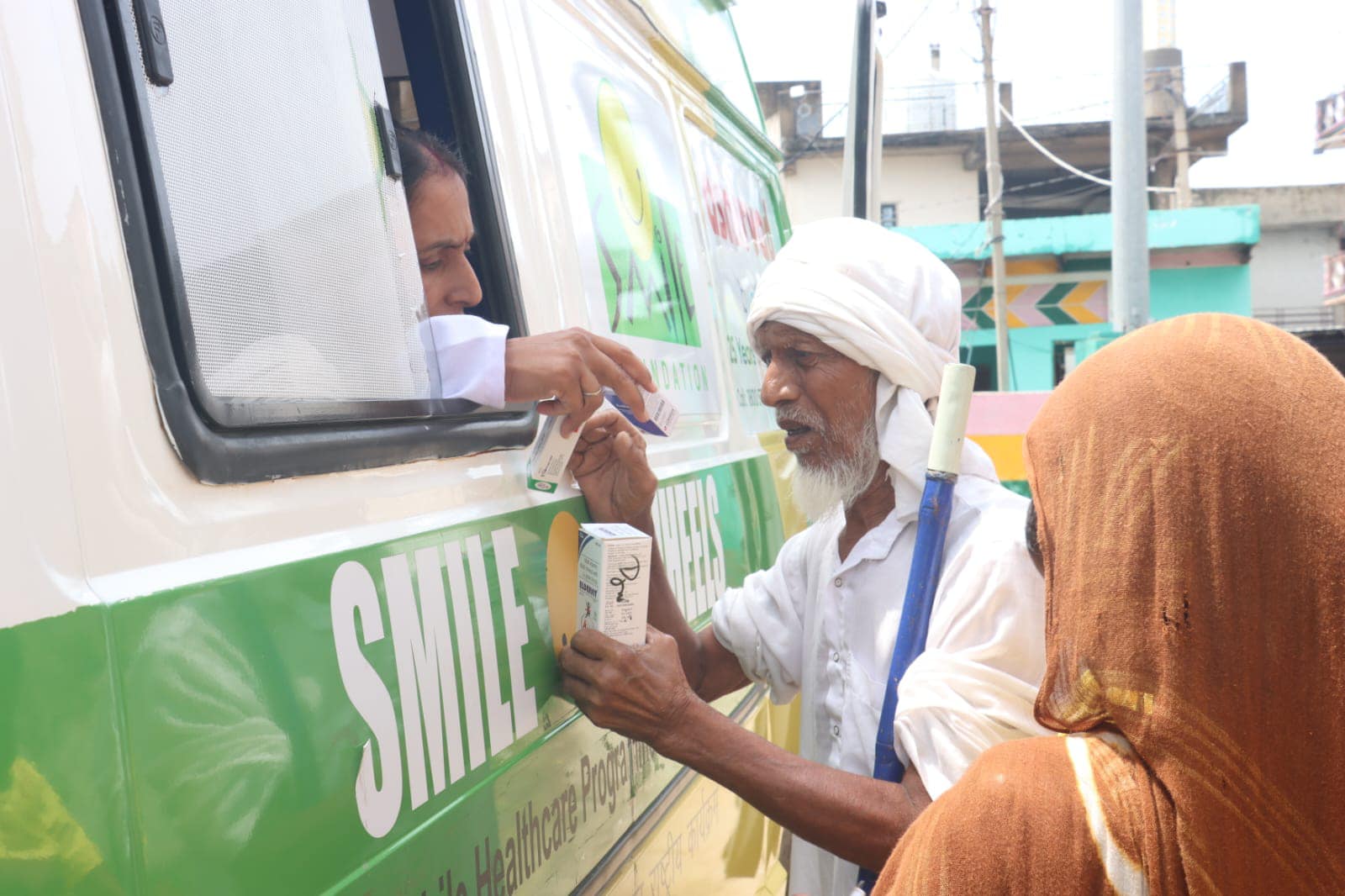The most common purpose of education is to gain knowledge and skills that will prepare individuals to lead productive and fulfilling lives. Some view education as a means to nurture a skilled labour force that drives economic growth and innovation.
Others view education as a means to advance social equality and justice, or to foster critical thinking and creativity. Technology and automation are fast taking over the world and the work environment, including the education landscape.
In most schools, the same subjects are being taught as they did in the 90s, i.e. reading, writing, mathematics, science, history, and foreign languages. Incorporating technology in teaching has taken place, but there are only simmering discussions about changing what is “taught”.
Education still happens specifically from textbooks. However, the concept of education is transforming, and we must now consider the true purpose of education, which goes beyond textbook knowledge. Knowledge is useful when used to prepare you for life, make you a successful member of society, and help you grow into a good and accomplished individual and professional. This concept encompasses the entire and true purpose of education.
When students are given the opportunity to develop their full potential and talents, as well as achieve their life goals, we can say that the ultimate goal of education has been met.
Understanding the Lifecycle Approach: Purpose of Education
There are various perspectives and viewpoints on the purposes of education but one common way of thinking about them is to divide them into four broad categories. So, the four purposes of education are–
Knowledge and Intellectual Development
The purpose of education is to help students acquire subject mastery and knowledge. Education can help individuals acquire knowledge, skills, and abilities that enable them to master the subject they choose to pursue. Knowledge and intellectual development should start with learning the fundamentals and then progressing to relevant or worthwhile topics– learning topics that serve students well.
The focus should also be that the students learn to think critically, solve problems, and understand complex concepts. Moreover, one’s knowledge enables one to engage in productive conversations with their peers.
Personal Development
Personality development is a multifaceted process influenced by numerous variables, and it goes beyond books and assessments. Personality development involves becoming conscious of oneself. It includes all your characteristics, including your strengths and weaknesses.
Self-confidence is the most vital aspect of personality development. Being courteous is essential to one’s personal development. Education can help individuals develop their communication skills as well. This includes developing emotional intelligence, social skills, a sense of responsibility, and fostering creativity, curiosity, and a passion for learning. School interactions, extracurricular activities, inter-class, and interschool competitions develop a student’s personality.
Social Development
Social skills are fundamental to our lives. Education can prepare individuals to participate in society by teaching them how to interact with others, respect diversity, and engage in civic life. This includes developing communication, managing emotions, teamwork, leadership, and cultural awareness skills.
Students who have practiced collaboration, compromise, and communication tend to be more successful than those who have not. Students who have practised cooperation, compromise, and communication usually achieve greater success than those who have not. These skills are transferrable to life ahead. It’s important to give kids an opportunity to practice these skills in the classroom, like doing team projects, role plays, discussions, and playing sports.
Economic Development
Education can equip individuals with the fundamental and then specialized knowledge and abilities required to enter the workforce and contribute to economic growth. Additionally, their personal and social development through education also prepares them for the workforce.
The true purpose of education in this context should be that students pursue an education to get employment or to enhance the quality of earnings of their current employment. This includes the development of practical skills and competencies and the preparation of students for particular careers or further education.
Civic Engagement and Awareness of Global Issues
The world is shrinking, and local and global awareness empowers students to acquire the knowledge, skills, and values, and become well-informed and active citizens who can change the world around them. The current curriculum must prepare teachers for global education by raising their awareness of global issues and encouraging them to share their knowledge with their students.
Education must make students aware that real-world issues have an impact on them as all countries are interconnected in some way or the other. The curriculum should teach them to identify and analyze civic problems and global issues through civic and global engagement projects, feel a sense of belonging and responsibility towards local and global communities, communicate with others to challenge the problems and apply these skills to other civic issues throughout their lives.
Meanings of Education Beyond The Norms
The true purpose of education is likely to be multifaceted and complex, representing individuals’ and societies’ changing needs and aspirations. However, at its core, education should empower individuals to achieve their full potential. Be better prepared for the workforce and make meaningful contributions to their communities.
The task for educators to transform education is thus daunting. For instance, the content they study to master a subject and become proficient in is not always relevant or life-enhancing. For instance, there are mathematical concepts that will be of little use in the future, and studying tons of material in social studies textbooks is not very practical.
An overall remaking of the educational curriculum is the need of the hour. In addition to academic knowledge, learning vocational skills, tools, and technology is what the future curriculum should entail. It would make students job-ready and better equipped to succeed in their future careers.










5 replies on “What is the True Purpose of Education?”
yes bcoz of this lacking awareness among the students after finishing colleges for ready job they wandering around the hostels telling parents that we are searching for good jobbed not finding this ending in depression after some years not able to perform activities sitting idle
finally giving an impression uneducators are better than educators
Good notes
बिल्कुल सही शिक्षा जो मिलना चाहिए वह नही मिल रही यही कारण है कि लाखों लोग शिक्षा लेने के बाद भी उनकी सोच पीछे होती हैं और वह अपने जीवन में कामयाबी इंसान नही बन पाते हैं l
Yes I agree with essay
I go with views expressed in this beautiful blog . Jointly with Late Professor Dr K N Krishanaswmy ji of the Indian Institute of Science I have developed a program ” I Am The Sky ” for a school in a Village in India. The program is designed to be a transformative journey to Empower Students to reach their full potential, cultivate a growth mindset, and develop into compassionate, confident. and creative individuals who are equipped to meet challenges of life.